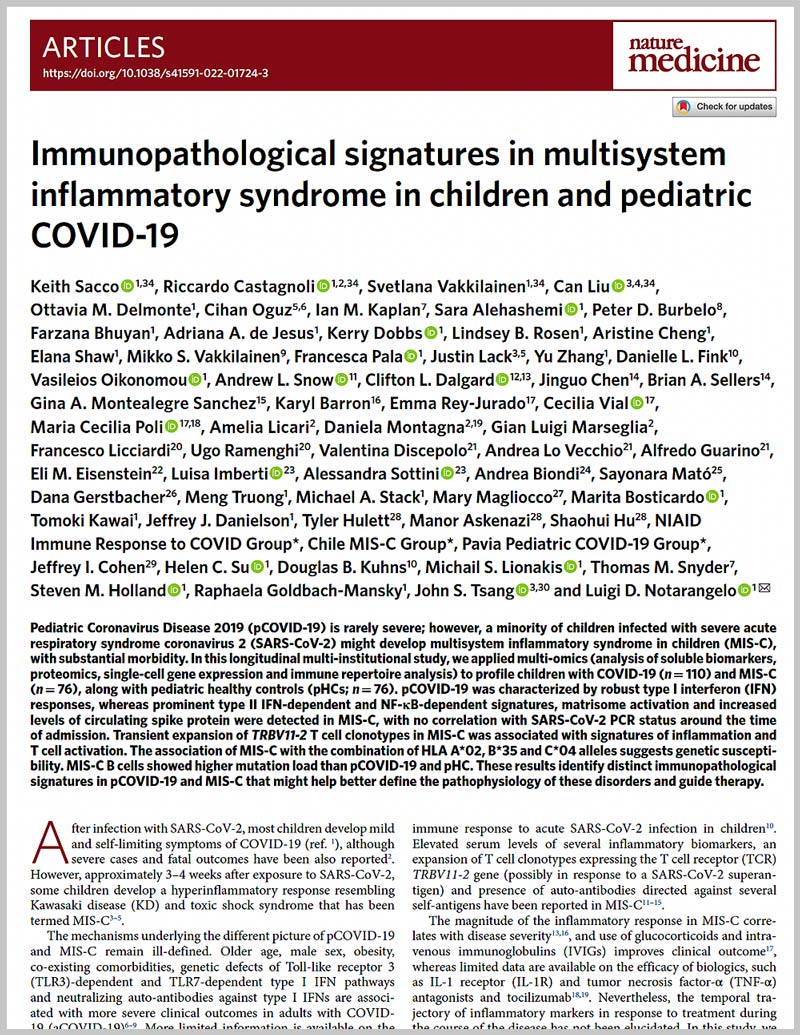- Follow Us
CDI Labs Services for
Infectious Disease
VirScan® PhIP-Seq profiles individual’s unique history of viral exposures.
REQUEST INFODetermine Individual’s Unique History of Viral Exposures
Autoantibodies can sometimes be associated with infectious diseases, and their presence or induction is a complex aspect of the host immune response. Infections have the capability of inducing a new autoimmune response or worsening an existing condition. Certain infections can trigger autoimmune responses which lead to the production of autoantibodies even after the infection has been cleared. One such example is post-streptococcal autoimmune reactions, where infections like streptococcal pharyngitis can lead to the production of autoantibodies that target host tissues, causing conditions such as rheumatic fever.
Molecular mimicry is a phenomenon where the antigens of infectious agents resemble host tissues. This can lead to the production of antibodies that cross-react with both the infectious agent and self-antigens. For example, research indicates that Epstein-Barr virus can lead to the development of MS via high-affinity molecular mimicry between the EBV transcription factor EBV nuclear antigen 1 (EBNA1) and the central nervous system protein glial cell adhesion molecule (GlialCAM).
VirScan® PhIP-Seq, an application of bacteriophage immunoprecipitation sequencing (PhIP-Seq), is a service offered by CDI Labs Canada which enables researchers to determine what antibodies were created by an individual’s unique history of viral exposures. VirScan enables simultaneous epitope-level autoantibody profiling versus most vertebrate viruses. The understanding of an individual’s or cohort’s lifetime of viral exposures can provide researchers with valuable insights that can ultimately inform diagnosis and treatment decisions, as well as highlight the future risk for certain diseases.
In the featured publication below, HuProt™ microarray was used to investigate for the presence of autoantibodies in children with multisystem inflammatory syndrome (MIS-C).
Immunopathological signatures in multisystem inflammatory syndrome in children and pediatric COVID-19
Abstract
After infection with SARS-CoV-2, most children develop mild and self-limiting symptoms of COVID-19, although severe cases and fatal outcomes have been also reported. However, approximately 3–4 weeks after exposure to SARS-CoV-2, some children develop a hyperinflammatory response resembling Kawasaki disease (KD) and toxic shock syndrome that has been termed MIS-C3–5...
VIEW PAPER
